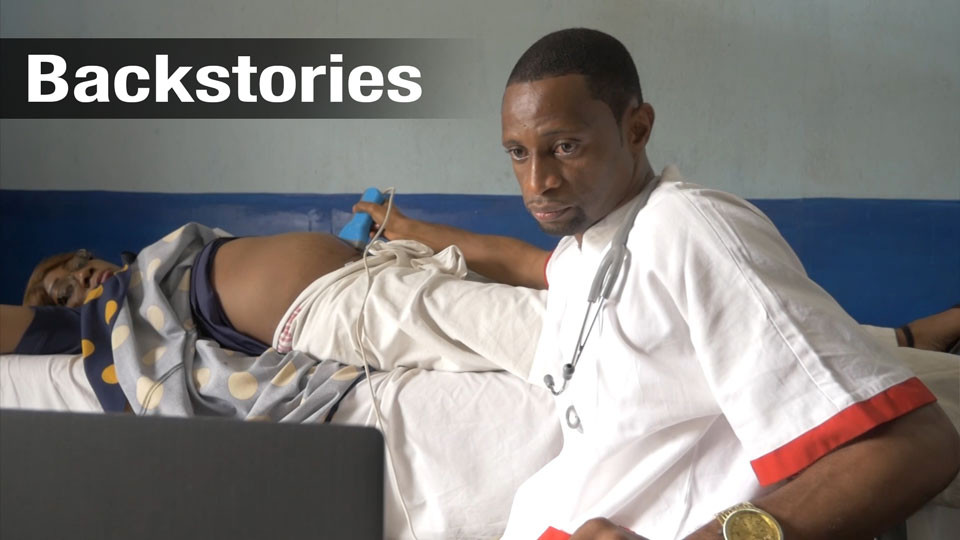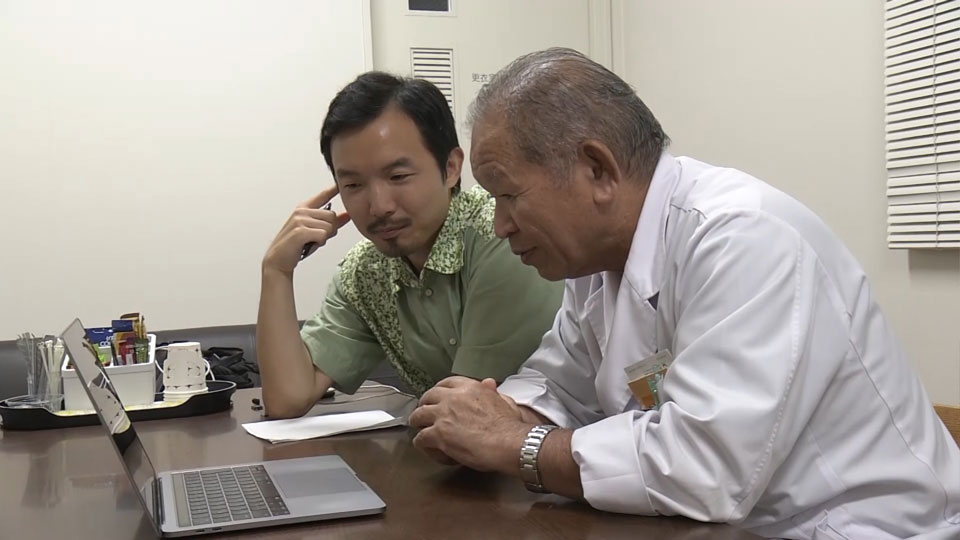
A medical specialist in Japan uses Skype to work with a doctor in the Democratic Republic of the Congo. They are conducting a checkup on an African woman and her baby. The two doctors are able to share information thanks to a simple piece of technology.
A portable ultrasound allow doctors to see inside a woman's womb to assess the baby's growth. It is affordable and can be connected to a smartphone or PC.
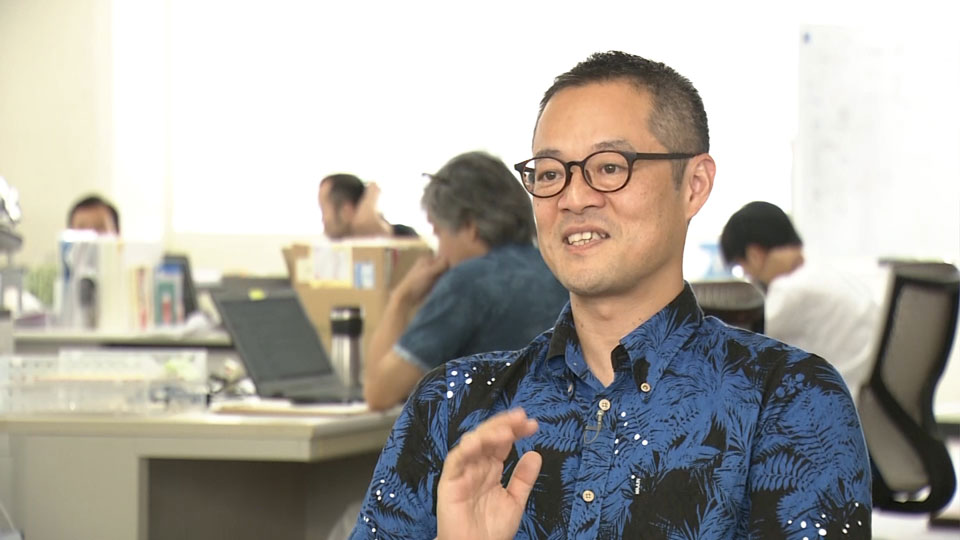
Tetsu Kawamura, CEO of Lequio Power Technology, started his company after nearly losing his own son to a premature birth. He says his family was fortunate to be treated by doctors equipped with the technology to save their son's life.
He now sells his portable ultrasound machines in African countries where the same technology isn't widely available.
He says in areas with high pregnancy rates and not enough doctors, it's an accepted fact of life that babies will die. He says that by providing reliable ultrasound technology, he wants to help nurture a culture where expectant mothers can feel safe about giving birth.
According to World Health Organization data, babies born in Africa are six times more likely to die in their first year of life than ones born in Europe. The high cost of medical equipment remains a major barrier to proper healthcare. Many countries use basic ultrasound technology so old that the patents have expired.
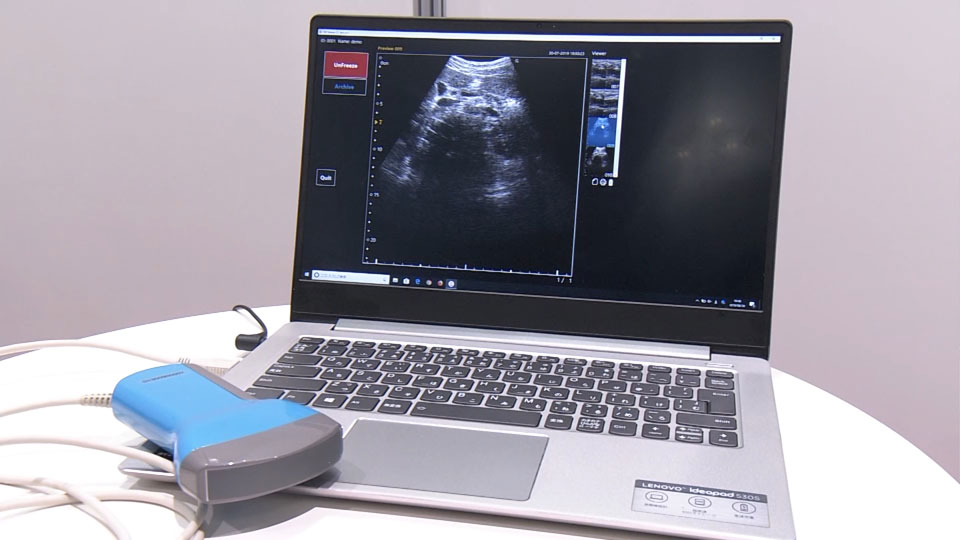
Kawamura's company was able to use existing technology to develop a version both cheaper and smaller. Using Japanese government funding, the company developed a portable machine that costs ten times less than a traditional model. It's saving African hospitals thousands of dollars.
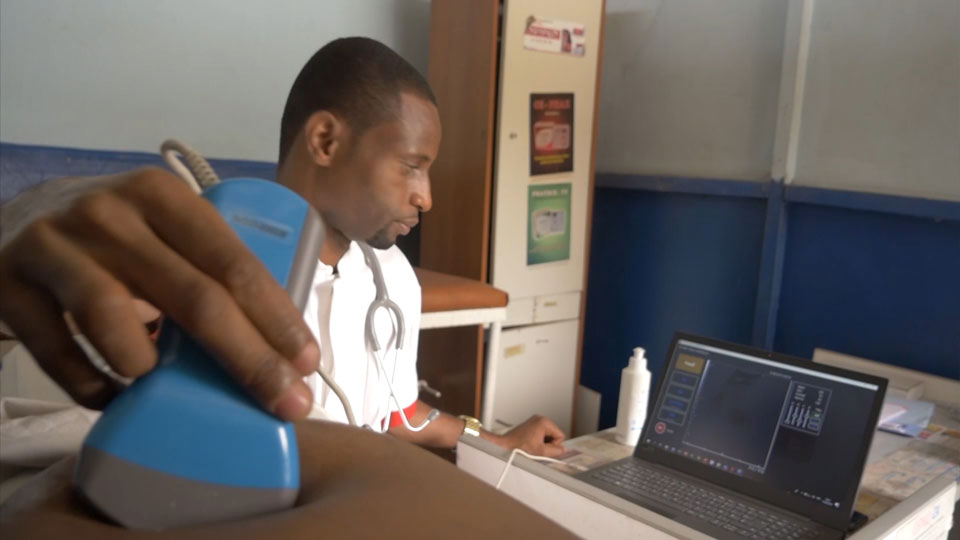
One Congolese hospital had been using an older machine. It has found Kawamura's model to be a vast improvement. The doctors say it doesn't use a lot of electricity, which is important in a country prone to blackouts. It's also easy to take on visits to small villages.
"It's the first time I've seen this, and I like it," says a mother-to-be who is being tested by the machine.
Doudou Kabamba, a Congolese doctor says, "With this device and how it works, I think it will help lower the cost of prenatal checkups. And we can also use it anywhere, even at the patient's home."
Some communities that do not have enough doctors rely on midwives. Kawamura's company is preparing to introduce training programs in a number of countries to teach them how to use the devices.
Hirotsugu Matsumoto, a medical advisor for Lequio Power Technology, says, "If you are not used to the device, it takes time to familiarize yourself with it. So I think we need to provide guidance that helps doctors and midwives learn as quickly as possible."
The ultrasound has already made a big difference. In one case in Rwanda, it found that a 23-year-old's placenta had separated from the inner wall of her uterus, putting her and her baby at risk.
The doctor ordered an emergency Caesarian section. Both the mother and baby were saved.
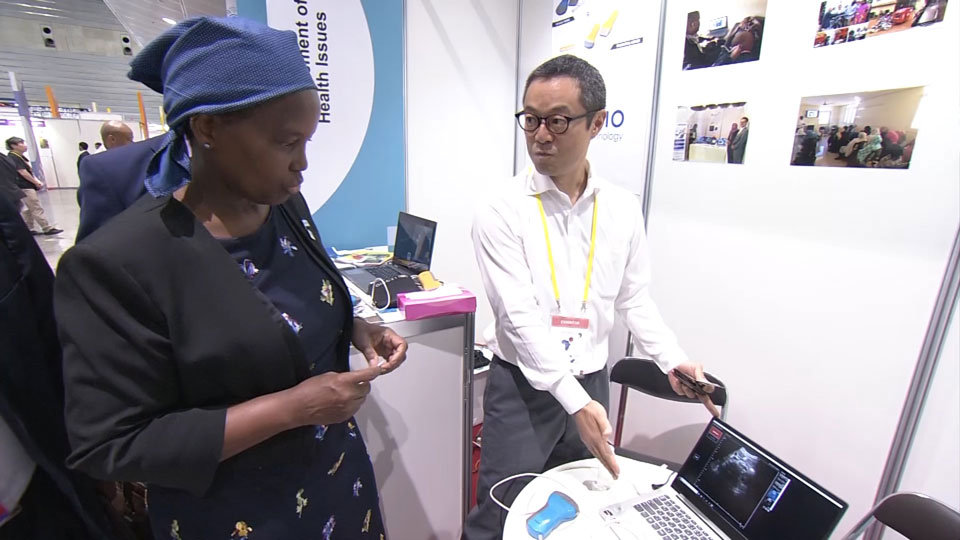
Kawamura is using TICAD to try to get more African governments on board. During TICAD's Business Expo, his booth was visited by Unity Dow, Botswana's Minister of Foreign Affairs and International Cooperation. She was interested in learning more about the device.
For now, Kawamura's technology has been approved for use in only three countries. But he's hoping the devices will soon be saving lives across the continent.
